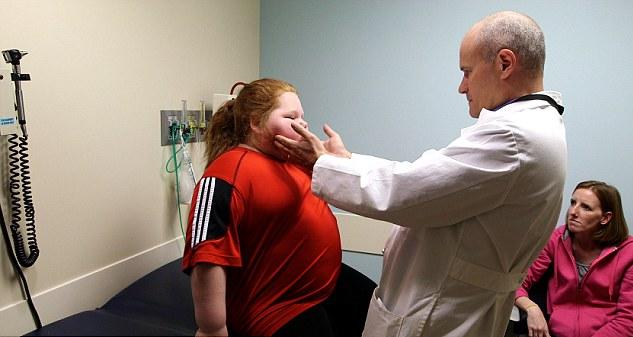Practical Guide to Living After Gastric Bypass
Gastric bypass is a form of weight loss surgery available to severely overweight people whose weight is causing or capable of causing serious medical risk.
Weight loss surgery (gastric bypass) reduces the size of the stomach and the small intestine. It thereby reduces greatly the rate at which food passes from the stomach to the small intestine. As a result food intake is reduced. This introduces a new phase in your life.
Then how can you cope with the expected changes, lose weight and keep it off?
Motivation and good program is necessary. It must be noted that both the quantity of food you eat, the type, and how you eat them are central to weight loss after gastric bypass. In this respect, you really need to follow religiously the dietitian’s advice.
The first 3 months are important
Your physician will not allow you to eat anything within the first 48 hours. Afterward specific types of food are recommended according to a diet progression. Progression. The benefits of a diet progression include; effective healing, minimized stress on and around surgical site and help your body to gradually adjust to the new eating habits. Most diet progression has the following feature.
Clear Liquid
Take only clear liquid only within the first two days following gastric bypass. This means you take water and liquids that are transparent and are very light. They must be sugar-free juice taken in very little quantity not more than 2-3 ounces at a time.
Pureed Food
These are foods with smooth paste and thick liquid. The pureed foods are generally followed for about 3 weeks based on your peculiar situation and the dietitian’s view. At this stage some Bariatric doctors recommends chewable multivitamins/ minerals supplements.
Soft Foods
These are easily chewable foods; example includes well-cooked vegetables, fresh fruits, finely diced meats and others in that category. It is recommended that you stay on these foods for about 6 weeks, subject to your doctor’s recommendation.
Regular Diets
It is highly recommended that you start this stage with highly protein foods, such as milk and lean meats, eggs or low-fat dairy products as part of your meals. Eat little meals; take liquid between meals (not with meals). Eat several small meals a day up to 6 and gradually reduce it to 4 meals and then 3. Liquid must be taken slowly through the day so you don’t cause unnecessary complications.
Coping Through Life.
Eat Small
Gastric bypass reduces the size of your stomach. Thus, your new stomach can only hold







